Healthy knees are the foundation for a healthy and active life. Chronic or temporary knee pain can significantly influence our ability to perform at work, take part in different activities, and can even prevent us from enjoying our favorite hobbies, exploring the mountains, and so much more.
Although at a younger age most people believe that they are immune to knee pain, the fact is that we are all exposed to the risk of suffering from this condition at some point in life. Knee pain can be a result of improper nutrition, an inactive way of life, wrong posture, and so much more.
The best way to ensure that you stay safe and avoid experiencing the condition is to take measures early and take care of your knees to the best of your ability. It is always advisable to talk to a medical expert who can guide you on what you can do to prevent knee pain. In the meantime, if you are experiencing pain in the zone of the knees, it is likely that you have a number of questions and you are seeking answers.
In this article, we will cover the second part of the most frequently asked questions when it comes to knee pain.
Are there any basic things that I can do to help my knees?
The solution to knee pain is not always complex surgery. There are, in fact, a number of small things that you can change in your lifestyle to help your knees and avoid suffering pain.
For instance, if you have gained extra weight recently and have noticed that your knees are feeling insecure and hurt from time to time, you could decrease the weight put on them by working towards weight loss. This way, the knee joints will feel freer and will be able to stabilize. Losing weight could be achieved via a good nutrition plan that is suitable for your body type and preferences.
Alternatively, you could lose weight and help your knees by exercising. If this is the option you are tempted to go after, keep in mind that your physical activities should be carefully adapted to your knee condition. Avoid exercises that put a lot of pressure on the knee zone and rather opt for low impact activities. For example, rather than running in the park, choose an activity like deep-water running or water aerobics.
Does knee arthritis demand knee replacement?
Although knee replacement is one of the solutions for knee arthritis, discovering that you suffer from the condition does not necessarily mean that you must go through the procedure.
Even if you are diagnosed with knee arthritis there are plenty of other alternatives to try before reaching the final stage of knee replacement. Surgery is often advisable for patients who are experiencing severe and unmanageable pain that cannot be handled in any other way. As a result, the condition poses a threat to normal daily activities and prevents the patient from fulfilling their potential.
Before agreeing to a knee replacement, make sure you have tried a range of other methods for treating knee pain.
What is physical therapy and is it helpful for knee arthritis?
Physical therapy is a great method for curing different types of pain. When dealing with knees, physical therapy includes a set of carefully designed exercises and activities, which have been created to relieve patients from the pain and help their knees recover.
Physical therapy will not help every patient with knee pain. The impact will be dependent on how serious the condition is, how long the patient has had it, and the determination of the patient to be consistent with the exercises.
Some commonly advised activities for patients suffering from knee pain include quad sets, short arc quads, straight leg raises, and more. What they all have in common is their ability to strengthen the hips, which on the other hand help maintain the position of the knees. If this zone is not strong enough, you are more exposed to knee pain.
Physical therapy is often received from a professional who can guide you through every step and monitor the stages of your condition. They will also be able to make any corrections where necessary and change your exercises to adapt them to the new phase of your knee condition.
Can I take any oral medications that can help my knee pain symptoms?
Yes, there are a few medications that can home in handy when battling knee pain. However, it is important to note that they will only cure the pain and possibly treat inflammation. These medications will not act on the reason for the pain and are therefore only a temporary solution to the problem.
What most patients prefer to do is to combine medical treatment with physical therapy. By doing so, the pain is relieved to an extent where physical movement is made possible. Once this happens, the patient can work on treating the actual reason behind the knee pain and strengthening the knee zone.
Some of the most popular medical treatments include acetaminophen. This is a pain reliever, which does not have any impact on inflammation. If you are experiencing mild to moderate knee pain, acetaminophen may be the right choice for you. In fact, it is a great starting point if you have decided to take on medication. There are few to none side effects and the treatment is safer than other alternatives.
Another option is NSAID or Nonsteroidal anti-inflammatory drugs. As the name suggests, this medication not only cures the pain but tackles inflammation as well, making it a stronger treatment when compared to acetaminophen. If you have been diagnosed with knee arthritis and have been experiencing pain, chances are that your doctor has already suggested this as a solution.
Other, much stronger drugs may be used in cases of severe and unbearable pain.
Is viscosupplementation a good choice for me?
If you haven’t heard of viscosupplementation then you may have come across this under the name “rooster comb”. This is an injection, which is suitable for those experiencing mild to moderate knee arthritis. Viscosupplementation solves the problem of the lack of hyaluronic acid in the knee joint fluid. This is a substance which is naturally found in the zone and plays the role of a lubricant. Hyaluronic acid can also absorb any shock that the knee joint takes, making it easier on the knee.
The condition of knee arthritis decreases the amount of hyaluronic acid in the knee joint. Viscosupplementation injects it back into the area and helps recover its properties. In most cases, viscosupplementation is advised every week for a time period of up to five weeks. Although it may not have an immediate influence on relieving pain, there are long-term benefits that make this option worth exploring.
If I visit my doctor for knee pain what should I tell him?
A lot of people who visit the doctor because of knee pain for the first time struggle to offer a well-organized picture of what is going on and what their struggles are. This is why a question like this is important to understand and keep in mind for your next visit to the doctor.
Your doctor will need the following information from you:
- The level of pain you are experiencing
- Whether it is a burning pain or stiffness
- The number of times you exercises weekly
- Whether your knee pain is influencing your ability to perform your normal activities
- If the pain is keeping you away from certain exercises
- If this is the first time that you are experiencing knee pain
- Whether you have had knee injuries in the past
- When you first registered the pain
- If and how the pain has changed since you first registered it
- Whether you are allergic to any medications
- If you are taking any medications at the time of visit
Preparing your answers in advance will help your doctor quickly and easily establish the problem and offer a solution without any waste of time.
Take care of your knees
The knees are a part of the body that often gets neglected. We take them for granted and fail to realize how dependent we are on their proper function. Make sure that you pay attention to your body and especially your knees. Register any problems early on and try to find the best possible solution to avoid serious intervention like surgery.
You could help your knees by eating properly, exercising regularly, or supporting them with a knee brace when necessary. Most importantly, do your research and stay well-informed about the options you have at all times.





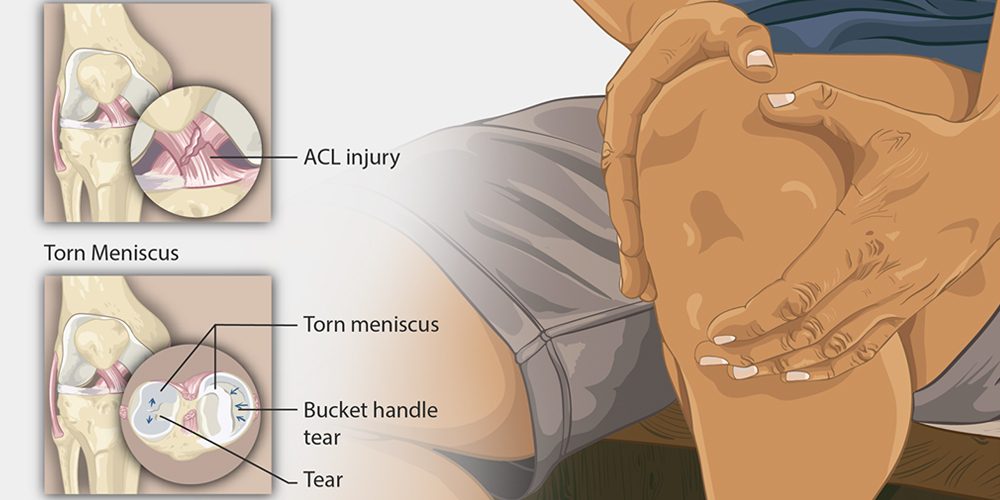


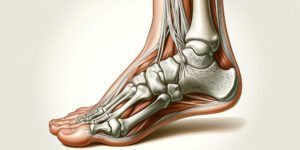
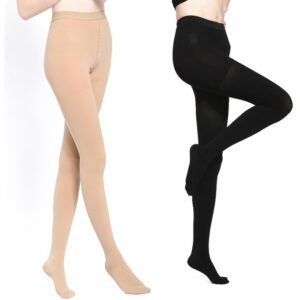
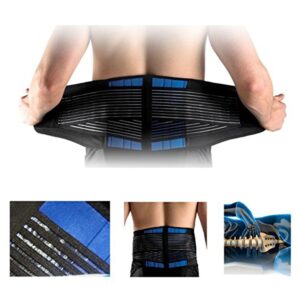
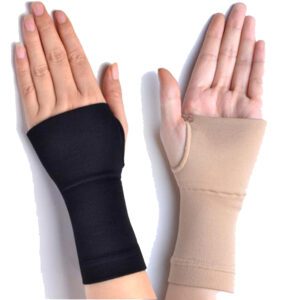
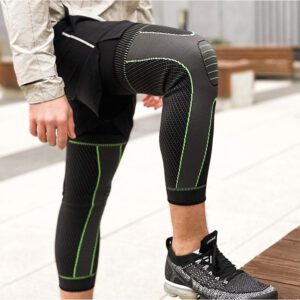
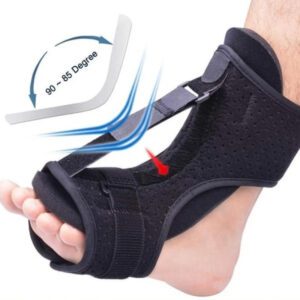

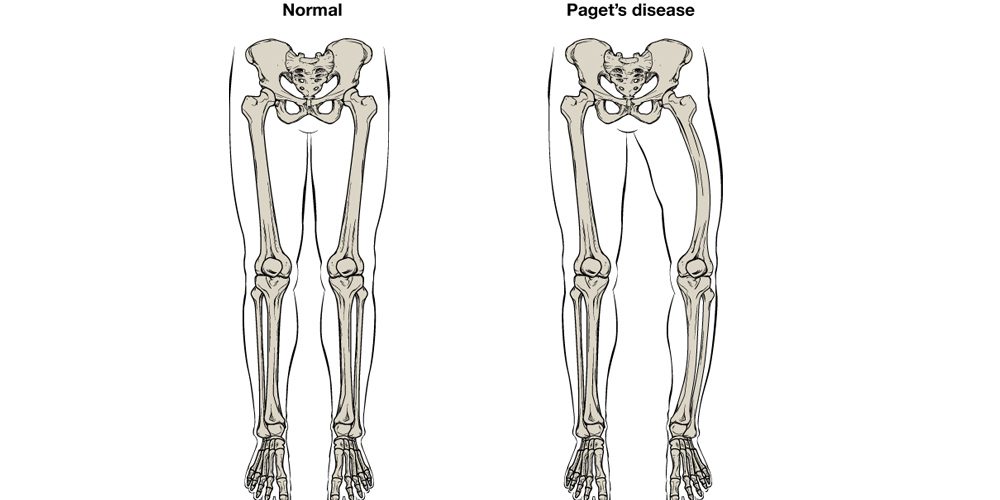




One Response
This information is vital for keeping healthy personality.